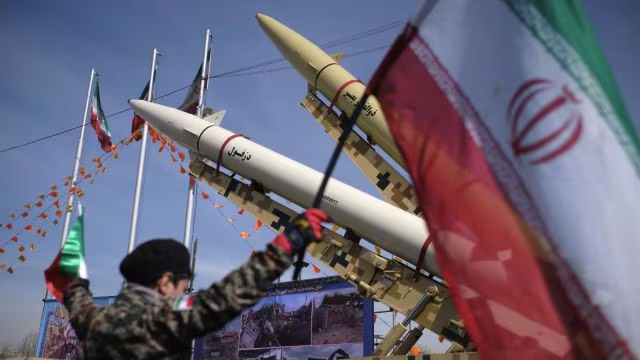By Jonathan Power*
LUND, Sweden | 4 June 2025 (IDN) — Is it agreement time in Iran? Is Iran going to bend to the will of the UN Security Council and engineer a compromise that will allow it to enrich uranium—but only to a small degree—in return for allowing the UN’s International Atomic Energy Agency to closely monitor its nuclear industry to ensure it doesn’t enrich further to enable it to build a nuclear weapon?
The West, and Israel in particular, have long been in a panic about a possible Iranian nuclear bomb. There is a strong “bomb Iran before it is too late” faction in the US Republican Party, and even more so in Israel. This has never made sense if one reads the tea leaves carefully.
Conveniently lost in the mists of history is the fact that the pro-American Shah of Iran began Iran’s nuclear bomb research. It was given American scientific expertise.
Dictatorial regimes often find it exceedingly hard to build a bomb, as Jacques Hymans points out in an essay published in Foreign Affairs. Of course, the Soviet Union and China succeeded, but this was mainly due to the autonomy granted to their nuclear scientists. Most dictator-led would-be nuclear states fail.
Political leaders often interfere, resulting in prolonged delays in the creative process. Take Iraq: In the years leading up to Israel’s 1981 attack on Iraq’s Osirak reactor, Saddam Hussein repeatedly ravaged the bomb project by dismissing and jailing both officials and scientists.
Only after the strike did Saddam release the country’s head of the nuclear programme. Another calamity followed in the mid-1980s, when Saddam’s son-in-law, who had been put in charge of the project, started to impose unrealistic deadlines, causing both machines and personnel to crack under pressure. He pitted scientists against one another in brutal competition and demanded dramatic technical changes, rendering prior work meaningless. Thus, even after an expenditure of $1 billion over 10 years, by the time of the First Gulf War, Iraq had not produced any weapons-grade enriched uranium.
Libya, under Muammar Gaddafi, was unable to put all the pieces together despite buying an off-the-shelf bomb from Pakistan’s rogue nuclear bomb-baker, A.Q. Khan.
In Iran, there is plenty of evidence that the Iranian regime has shown a marked preference for political loyalty over professional qualifications. This is a critical reason that US and Israeli estimates have constantly overestimated the pace of development of the bomb. In the 1990s, it was said the bomb would be ready by 2000. Then it was bumped up to 2005. Then 2010. Most recently, 2025 —though Israeli leaders have long warned that it could be within a year or two. Both the US and Israel often extrapolate from minimal data without paying much attention to what the great novelist Graham Greene called “the human factor.”
All this suggests that in its negotiations with Iran, the US does not need to rattle the military sabre, fearing Republican propaganda that argues that it must be used today. It can afford to offer carrots, be conciliatory, and strike a genuine bargain.
The sensible proposal, once negotiated by President Barack Obama, is to allow Iran to enrich uranium up to 3.5%, enough to fuel its domestic power network (as the US already permits Brazil to do). The more extreme suggestions that Iran be banned from enriching at all is one Iran will never accept.
The US must also resurrect the idea, once agreed to by Iranian negotiators, that Iran’s stock of enriched uranium be sent to another country, such as Russia or Turkey, where it could be safely stored to be released as needed.
Word from both Washington and Tehran suggests this is the direction negotiations are taking—at last.
*Jonathan Power has been an international foreign affairs columnist for over 40 years and a columnist and commentator for the International Herald Tribune (now the New York Times) for 17 years. [IDN-InDepthNews]

